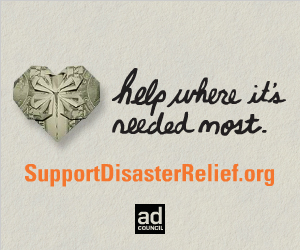Should you drink at least eight glasses of water a day?
This is one myth that refuses to go away. It probably began in 1945, when the Food and Nutrition Board of the National Research Council recommended 2.5 liters (about 64 ounces, or eight cups) of fluid per person per day. Note that they said “fluid” not “water” – in fact, much of this fluid comes from the water content of foods we eat, or from other beverages such as coffee, tea, milk or juices. Your actual water requirement will vary with your weight, activity level and environment.
The eight-glasses-a-day myth continues to perpetuate today, having been picked up by everyone from health bloggers to bottled water companies. But it has been debunked by numerous scientific papers and studies. The June 2008 issue of the Journal of the American Society of Nephrology found no support for the concept that high water intake has any clinical benefit, including lowering appetite or improving skin tone. Dr. Rachel Freeman and Dr. Aaron Carroll, co-authors of a 2007 paper in the British Medical Journal, said “… there is no scientific proof stating that you need to drink anywhere near eight glasses a day.” Finally, Jurgen Schnermann, a kidney physiologist at the National Institutes of Health stated that an average-sized adult with healthy kidneys in a temperate climate needs a daily intake of no more than one liter of fluid – roughly the amount of water already contained in the solid food consumed daily by the average American.




